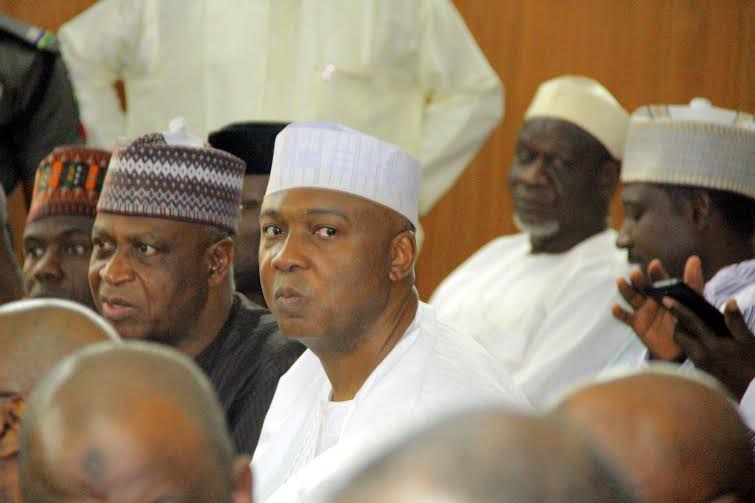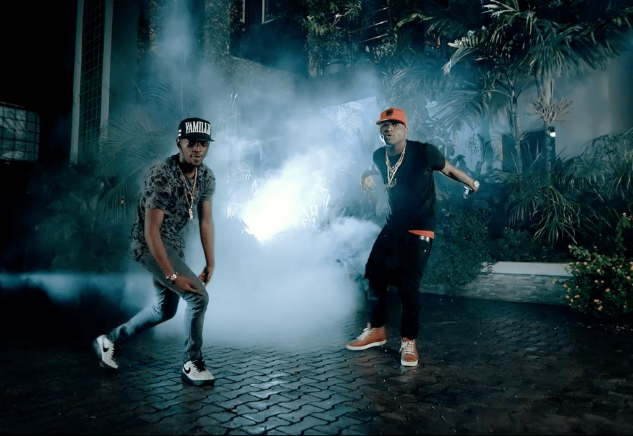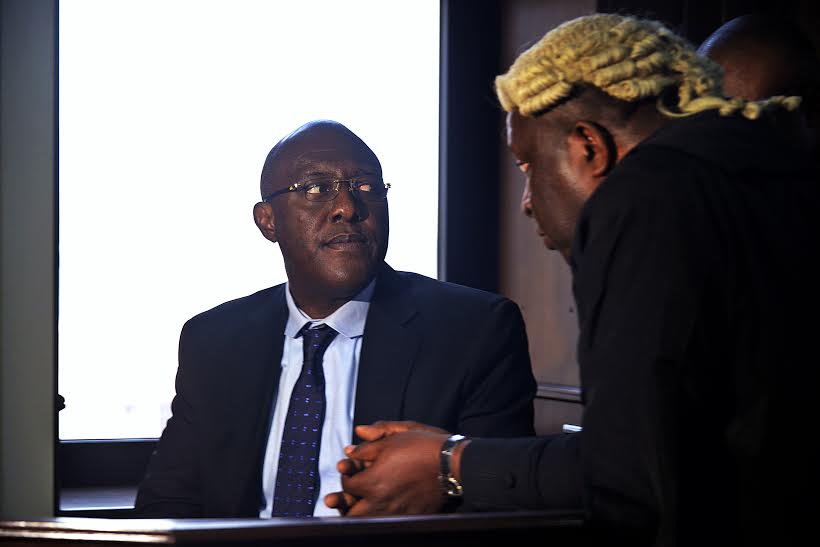The Presidential Advisory Committee Against Corruption (PACAC) says the Department of State Services (DSS) did not err in law by arresting judges.
On October 7, the DSS raided the homes of some judges and arrested them on allegations of corruption.
Some of the judges that were arrested were Sylvester Ngwuta and John Okoro (supreme court); Adeniyi Ademola and Nnamdi Dimgba (federal high court, Abuja); Muazu Pindiga (high court, Enugu), Innocent Umezulike (high court, Enugu) and Ibrahim Auta (federal high court, Kano).
Speaking at the presentation of the committee’s report in Abuja on Monday, Bolaji Owasanoye, executive secretary of PACAC, said there was no law conferring immunity on judges.
Advertisement
“There is no law anywhere that says judges cannot be arrested,” he said.
“Let’s remove sentiments. In these instances, they (DSS) followed the law. Judges can be arrested.
“Take Saraki for example, he is the number 3 citizen and he is having is day in court; how can you say judges cannot be arrested?”
Advertisement
Owasanoye also spoke on delays in the trials of high-profile persons, accusing the courts of complicity in the delays.
“Cases are delayed because defence lawyers don’t want them to continue, and unfortunately the court is tolerating them,” he said.
“Cross-examination has been going on for three months in Saraki’s case at CCT. What this shows is that if you steal enough, you can freeze the system. We are not saying people must go to jail; we are saying let the law work.”
Advertisement
Add a comment







